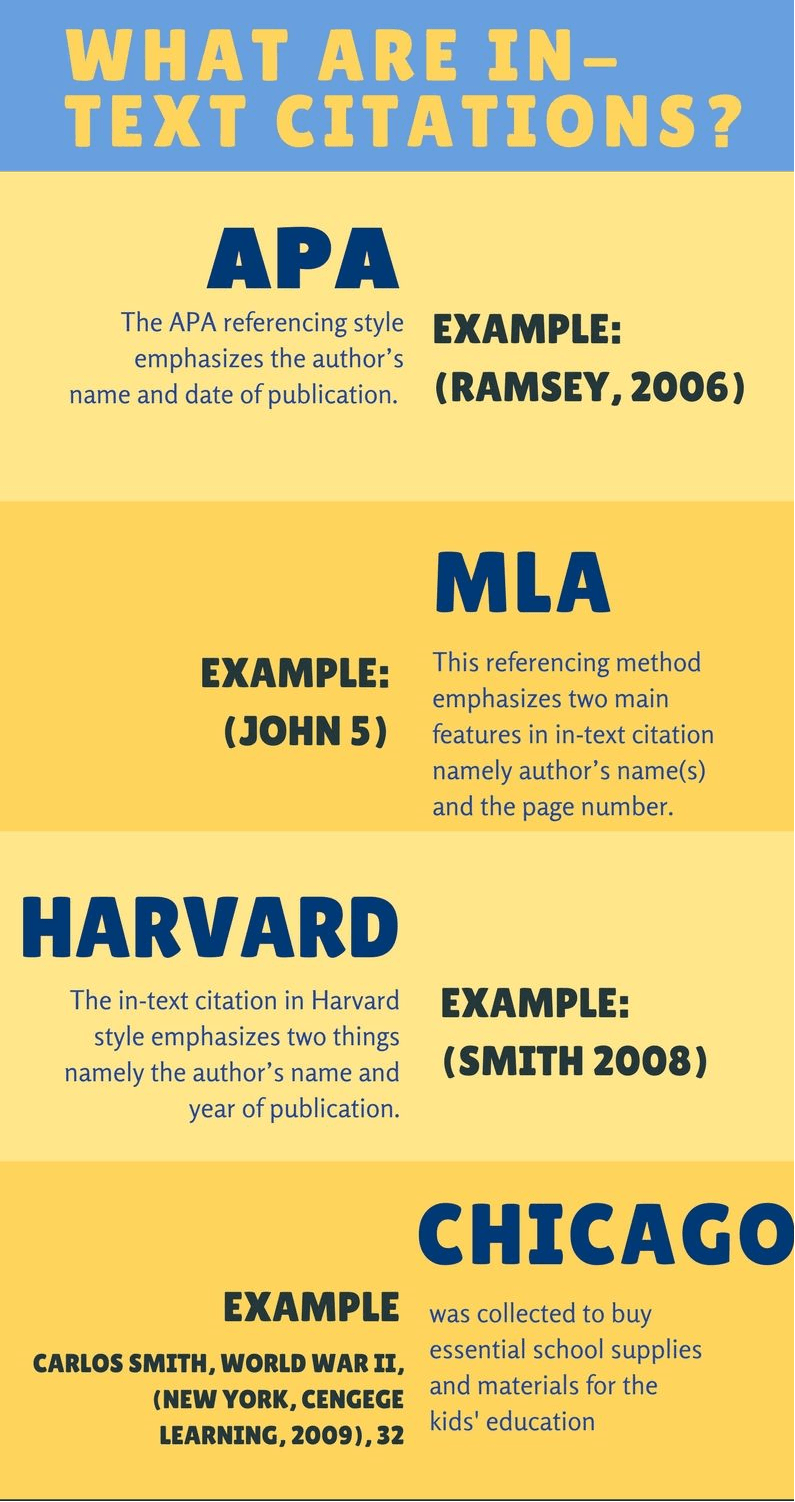Citing sources correctly is very important in the scholarship of higher education, perhaps even more so now that we live in a digital age where so much information is readily available and, quite frankly, tempting to appropriate. Citing sources gets at one of the core principles of academic writing: any statement of knowledge must somehow be grounded in the previous knowledge of others. In this way, contemporary scholarship issues forth in a kind of scholarly relay race. You get what I mean, I'm sure, if you think of high school and the way the teacher would have you read a paragraph and then identify which two or three sources were being "summoned" in making the statements in that paragraph. That is, the teacher would have you see that the contemporary author you were reading was not just saying something novel but was indeed referring back to some previous work or works.

Common Citation Errors
In academic writing, citation errors can significantly impact the credibility and integrity of scholarly work. These mistakes, ranging from minor formatting issues to serious attribution oversights, can lead to unintended plagiarism and reduced academic credibility. Understanding and avoiding these common pitfalls is essential for maintaining scholarly standards and ensuring proper recognition of intellectual contributions.
Format and Style Issues
One of the most widespread issues in scholarly writing is inconsistency in citation styles. Students often seem unable to confine themselves to a single style. They will switch back and forth between two or more styles within a single document. The result is a document that is not only confused but also confusing. In scholarly writing, clarity is of the utmost importance. It is essential that writers tell their readers what they are referencing and, if necessary, why they are referencing it in such a supposedly "universal" disciplinary style. Yet confusion reigns when academic writers mix APA and MLA styles, for instance, or when they insert commas where the style says not to and leave them out where the style says they should be used.

Academic Integrity Concerns
Academic integrity is at risk when citations are missing and quotes are misattributed. Acknowledging the sources of our ideas is fundamental to maintaining the integrity of any academic work. Failing to do so may, in some cases, amount to plagiarism—an offense that carries with it some serious consequences. Even when ideas are not directly quoted, proper attribution must be given to the original source. Secondary citation—citing a source that itself has cited the original source—presents another challenge. In all cases, direct quotation, paraphrasing, and even any close-to-our-own-words rephrasing, must be acknowledged with the proper attribution, as must any indirect idea that we have reformulated, for it to be our own.
Impact on Academic Performance
Grade Deductions
Students can suffer in their academic performance when they make citation errors, for which professors often deduct points. Missing in-text citations, reference entries that are not formatted correctly, and text-reference list mismatches are commonly found problems that professors have encountered when looking over students' work. When these problems show up in a paper, the institution often has a set of guidelines for the professor to follow that determines how significantly the errors should impact the student's grade. Sometimes the errors might seem rather harmless (like when a reference list entry isn't formatted in exactly the right way), but cumulatively, citation problems can cause quite a bit of grief for the student.

Long-term Consequences
Citations are the lifeblood of academic writing. Without them, the intricate web of ideas that constitute a discipline would fall apart. Improper citing, on the other hand, can lead to serious academic consequences, from loss of credibility and diminished public trust to, in the most serious cases, expulsion. And yet, considering the importance of citations, we do not spend nearly enough time teaching students how to do them correctly. And we spend a negligible amount of time even discussing the ethics of citation.
We're quick to label improper citing as a form of cheating, but do we really know what we're saying when we say that?
Prevention Strategies
In today's digital academic landscape, preventing citation errors requires a systematic approach combining technology and careful attention to detail. Proper citation practices not only maintain academic integrity but also demonstrate scholarly rigor in research work. The implementation of effective prevention strategies can significantly reduce common citation mistakes that often impact paper grades negatively.
Digital Tools and Resources
Today's digital tools are redefining the way we manage and document our references. For students and researchers, platforms like Zotero, Mendeley, and EndNote have become go-to resources for not just formatting citations but also for storing, organizing, and retrieving references. And while these platforms are indispensable for those purposes, we should also acknowledge Citation Notators as an underappreciated resource for accurate citations—especially when concerns over the reliability of the platforms we use for reference management come into play.
Best Practices
It is crucial to establish strong practices around citation, and this begins with keeping meticulous records of sources during research. I recommend that students create a dedicated spreadsheet or digital document to track the bibliographic information of their sources. This ensures that when it comes time to assemble the references, there is a far greater likelihood of achieving accuracy and consistency.
I tell students that the key to avoiding the not-so-rare trap of "too many cooks" (i.e., when several different people have worked on a project and it's unclear who wrote what) is to undertake a systematic proofreading of the project at several key stages. These stages include (but are not limited to) after the first draft has been written and again during the final edit.
How can PaperGen help you
Citation management has become more important than ever, especially in this age of digital messiness. With PaperGen, the work of managing citations can be reduced to nearly nothing on your part. You still get to be the author, but the thoroughly digital PaperGen will serve as your helpful ghostwriter and will ensure your paper is riddled with citations that are both accurate and consistent. If you fancy yourself as a credible entity and uphold the standards of academic integrity, PaperGen is a service you can trust that will help you manage your citations with ease and grace.



